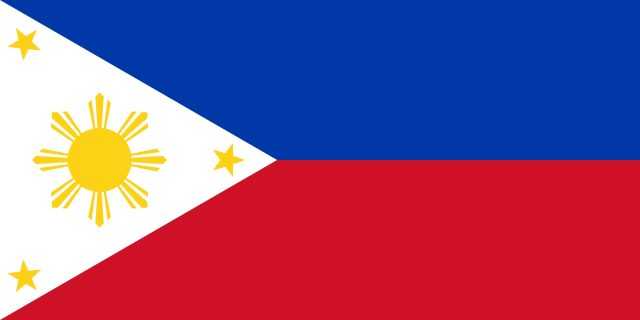To lessen coffee importation and to reclaim its top spot in the coffee production, the Philippines is envisioning itself to increase productivity and production leading to self-sufficiency by 2020.
The Department of Trade and Industry Region IV-A, in partnership with the Department of Agriculture Region IV-A, has further strengthened its commitment to help in reviving the coffee industry in the country by holding the first Regional Forum on Technology, Innovation, and Market Opportunities for Coffee on September 20-21, 2016 at the DA-STIARC, Maraouy, Lipa City, Batangas.
The two-day seminar aimed to adapt environment-friendly technologies, lessen coffee bean and coffee products importation, provide sustainable benefits to farmers, processors, traders, and exporters, and increase rural employment.
“The Philippines’ production volume of coffee is decreasing by 2.87% annually, and the production yield is decreasing 2.23% annually. The production area is also declining by 1% in the last 9 years and only increased by 1% from 2013 to 2014. Some of the main reasons for the decline in production are due to the shift of farmers to other more profitable crops, old age of trees, limited rejuvenation, and poor clones and farming practices,” said DTI CAR-Mountain Province Director Juliet P. Lucas.
In her presentation of the coffee road map, Lucas discussed the need to improve coffee farmers’ productivity, profitability, and product quality, increase production area, and provide market access and value-addition in coffee products.
She also mentioned that access to high-quality planting materials and the support for technological demonstrations on best practices in key production areas such as multiple cropping, proper nutrient managing, pruning, harvesting, and post-harvesting are essential to achieve the desired results.
Coffee is currently the second most consumed beverage, the second most traded commodity, and the fifth most important agricultural product. In the Philippines, coffee is produced in four varieties: Arabica, Liberica (barako), Excelsa, and Robusta.
“The market for coffee is really big. That’s why coffee is one of the important industry clusters that DTI is currently concentrating on—from planting, processing, to selling it to the local and global market,” said DTI CALABARZON Assistant Regional Director Marcelina S. Alcantara.
Ms. Ruth P. Novales, Vice President/ Corporate Affairs Executive of Nestle Philippines, talked about market opportunities for coffee, emphasizing the Public-Private Partnerships (PPP) with the Philippine Government to improve farmers’ income from increased yields and to provide inclusive growth, food security, and poverty alleviation. Green Beans Multi-Purpose Cooperative and Café Amadeo Development Cooperative shared their success stories in planting and supplying coffee beans and creating good-quality coffee products.
The Regional Coffee Technical Working Group for CALABARZON was created after the seminar to help in the action planning, enhancing of productivity, promoting processing of Robusta for the coffee specialty shops, and pushing for the best quality of Philippine coffee.
More than 150 farmers, and micro, small and medium enterprises, including members of the private sector, academe like the Cavite State University, and government agencies such as the Philippine Coconut Authority, Department of Environment and Natural Resources, Department of Agrarian Reform, Department of Science and Technology, Department of Labor and Employment, Food and Drug Administration, Landbank of the Philippines, and Small Business Corporation joined the forum.


















